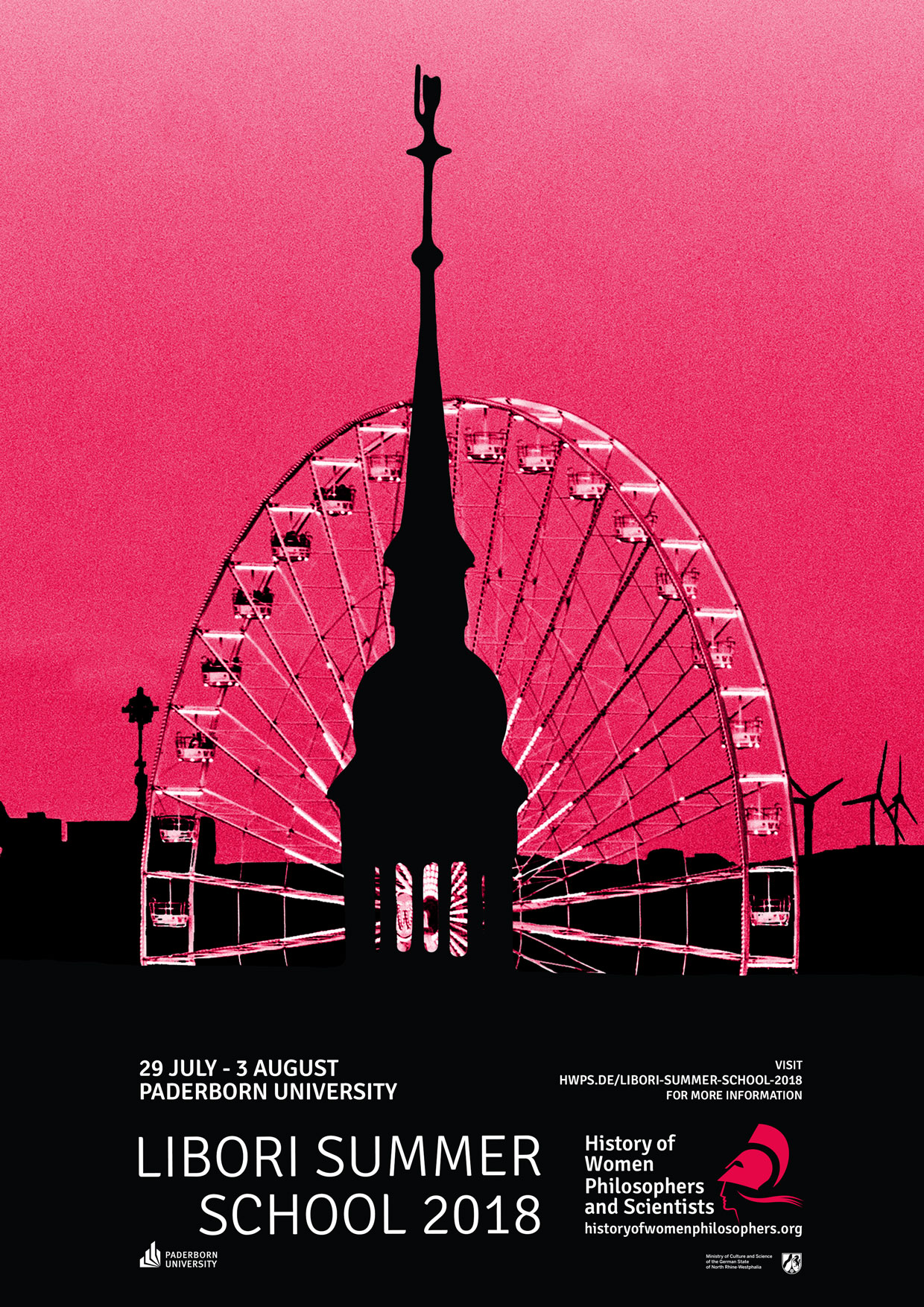
Self and Subjectivity in Edith Stein and Hedwig Conrad-Martius
Summer School | 11:30 AM - 5:00 PM | Center for the History of Women Philosophers and Scientists
Lecturers: Ronny Miron, Antonio Calcagno, Rodney Parker
Location: L2.202, Paderborn University
Discussions of the self and subjectivity are a commonplace in phenomenological writings. The elaboration of the I as the focal point of experience is central to phenomenological research.
In the Fourth Cartesian Meditation, Husserl argues that the phenomenology of “self-constitution coincides with phenomenology as whole.” In this course, we will reflect on the self and subjectivity through the writings of Edith Stein and Hedwig Conrad-Martius, and critically assess their views on these themes. We will begin by discussing Husserl’s arguments for the unity of consciousness, his distinction between the empirical and transcendental I, and his threefold description of the ego as: (1) the identical pole of subjective processes, (2) the substrate of habitualities, and (3) monad. We will also consider the self as a bodily and spiritual being capable of constituting spiritual (social, cultural, historical) objects.
In the writings of Edith Stein, the notion of the self emerges through the working together of the lived body, psyche, and spirit. However, the self becomes more acutely aware of itself as a self in the experiences of emotion and value. In such experiences, the depth of the I, its motivations, desires, personality, and the will come to the forefront of consciousness, revealing the notion of the spiritual person. The manifestation of the spiritual aspect of human beings evinces the value of the self. Indeed, the person, understood as the highest form of subjectivity, emerges most fully when the bodily, psychic, and spiritual dimensions of the human being work together. Furthermore, the self and subjectivity, understood as an objectivity, show themselves in and through empathy, the lived experience of community, and gender.
Hedwig Conrad-Martius was critical of Husserl’s privileging of the self, which she believed came at the expense of his philosophy’s ability to properly deal with the more fundament philosophical question: What is Being? In this course, we will discuss Conrad-Martius’ response to Husserl’s turn toward the subject and the transcendental idealism that follows. In her work, she stresses that a phenomenology of real Being and the phenomenology of the I are not mutually exclusive. We will therefore explore the essential role of the being of the I in her philosophy of Being, but from a realist rather than an idealist perspective. For Conrad-Martius, the philosophical understanding of the I is conditioned by having a philosophical view of Being. However, the I also bears an ontological exclusivity that distinguishes it from the rest of the beings in the world. We will also consider the tension of subjectivity; of being a creature that is both equal to other beings in the world and at the same time ontologically distinct from them.
All interested parties are welcome to apply! Visit: Libori Summer School 2018

- DATE
- 30 July - 3 August 2018
- TIME
- 11:30 AM - 5:00 PM
- COSTS
- none
- PLACE
- L-Building, Uni-Campus
-
Warburgerstr. 100
Paderborn, 33100 Germany -
Campus Map
Google Map
- INSTITUTION
- Center for the History of Women Philosophers and Scientists
- ATTACHMENTS
- ACCOMMODATIONS
-
Campus Lounge









 share
share tweet
tweet